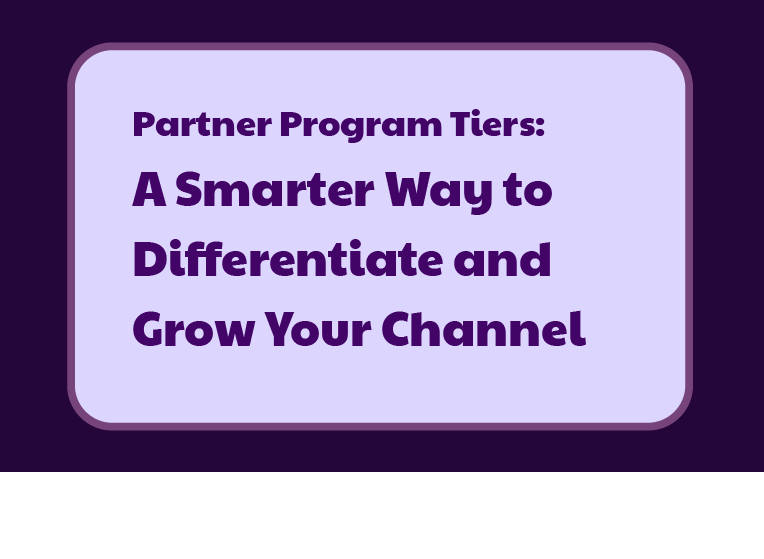5 Ways an Online Community Can Help Your Nonprofit
A not for profit portal is a great way to reach a wide spectrum of supporters for your cause. Here are five ways a portal can be a valuable strategy for your nonprofit organization.

Table of Contents 📋
Table of Contents 📋
For nonprofits, some of the most effective advertising strategies are:
- Word-of-mouth promotion
- Web presence Social media posts
- Strategic cause-marketing partnerships with commercial partners
- Sharing stories through videos, blogs, newsletters, and at live events
- Empowering a community of volunteers, donors and other passionate supporters
Since many nonprofits have limited resources to address all these promotional activities, a self-service web community is a great way to reach a wide spectrum of supporters for your cause.
Here are five ways an online community can be a valuable strategy for your nonprofit organization.
1. Generating Awareness
Educating potential supporters and your existing contributors about your cause and your latest progress is a basic function of a community portal. Nonprofits need to deliver different content to each of these audiences, so providing existing sponsors with a secure profile is a great way to deliver personalized information. Further, you may have different tiers of individual, family, and/or corporate supporters, so role-based content specifically for these groups is important to have.
A mature website can enable many of these functions, where you are delivering information to your supporters in a “one-to-many” direction. With an online “many-to-many” community discussion, you can amplify the impact of your message many times over. Your supporters care enough to invest financially in your cause, and given the means, they are likely happy to discuss what your organization means to them. Telling your story to a large audience, at their convenience is a great way to increase engagement and sponsorship.
2. Connecting Micro-Communities
If your nonprofit has a national or regional footprint, you likely have local chapters, offices and/or community groups that champion your cause locally. There might be successes, ideas or events on a local level which can benefit other chapters.
An online community is a great way to share the stories happening in one city with a broader audience. Instead of a flurry of emails and phone calls to share the news, a community conversation can be shared across multiple regions. When your supporters and partners see people or companies, like themselves, as a part of your donor/volunteer base, it helps to build a groundswell of support.
3. Internal and External Social Channels
Despite the popularity of social media channels like Facebook, Instagram, Twitter and LinkedIn, your supporters are only available to browse the sites they’re interested in for a finite period during their day. Though it’s valuable to share your blogs, videos and news on these traditional channels, establishing your own online community ensures:
- Important content isn’t missed
- Your partners, volunteers and donors get information tailored to their needs
- The discussion is contained and based on verified, current data
- Participants are motivated to join conversations which are private, and stays within groups they are comfortable with
4. Secure Online Payments, Registration, and Donations
On most static websites, a visitor may discover a cause that interests them after-hours, make a mental note to get involved, but when the next business day arrives, they have lost interest. Interactive community portals often provide patrons with on-demand opportunities to:
- Donate online
- Register for events
- Order products like branded apparel or artwork
- Apply to become a corporate partner, volunteer or community chapter leader
- Vote on ideas/causes/strategic changes to your organization
5. Onboarding New Community Members
Onboarding new community participants, and empowering them to support your charity at their convenience is ideal. A mobile-friendly community portal is another way to increase engagement for people on the go.
Processing applications for new volunteers, supporters, government partners and corporate alliances can be time consuming when you do it manually. Delivering educational videos, brochures and other content to new members is the perfect scenario for an online community.
If your nonprofit organization is looking for innovative ways to connect with your target audiences, bring them into like-minded communities and create lasting relationships, contact us today! Let us show you how a digital community portal like Magentrix can help you save time and money while increasing sponsorship and activism towards your goals.



